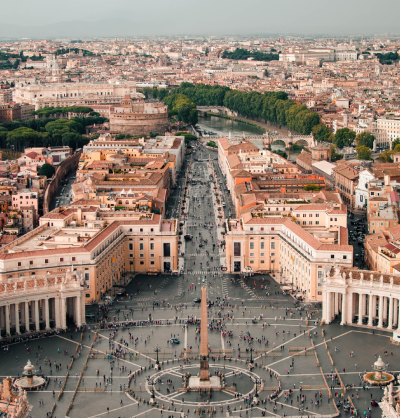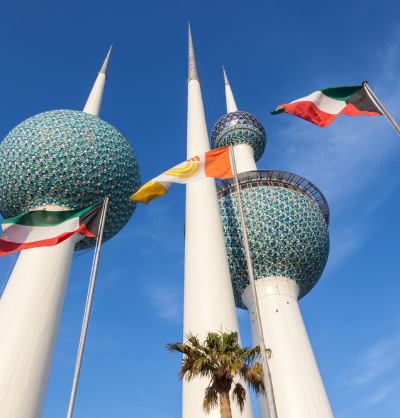5 Top Points
- Oman’s Sultan, Haitham bin Tariq Al-Said, received Syria’s President, Bashar Al-Assad.
- The EU Council imposed additional sanctions against Iran for violating human rights.
- Oman opened its airspace to all airlines, including Israeli ones.
- Serbia plans to buy kamikaze drones from the UAE.
- Saudi Arabia established the Strategic Office for the Development of the Northern Borders Region.
‘Round and About the Gulf
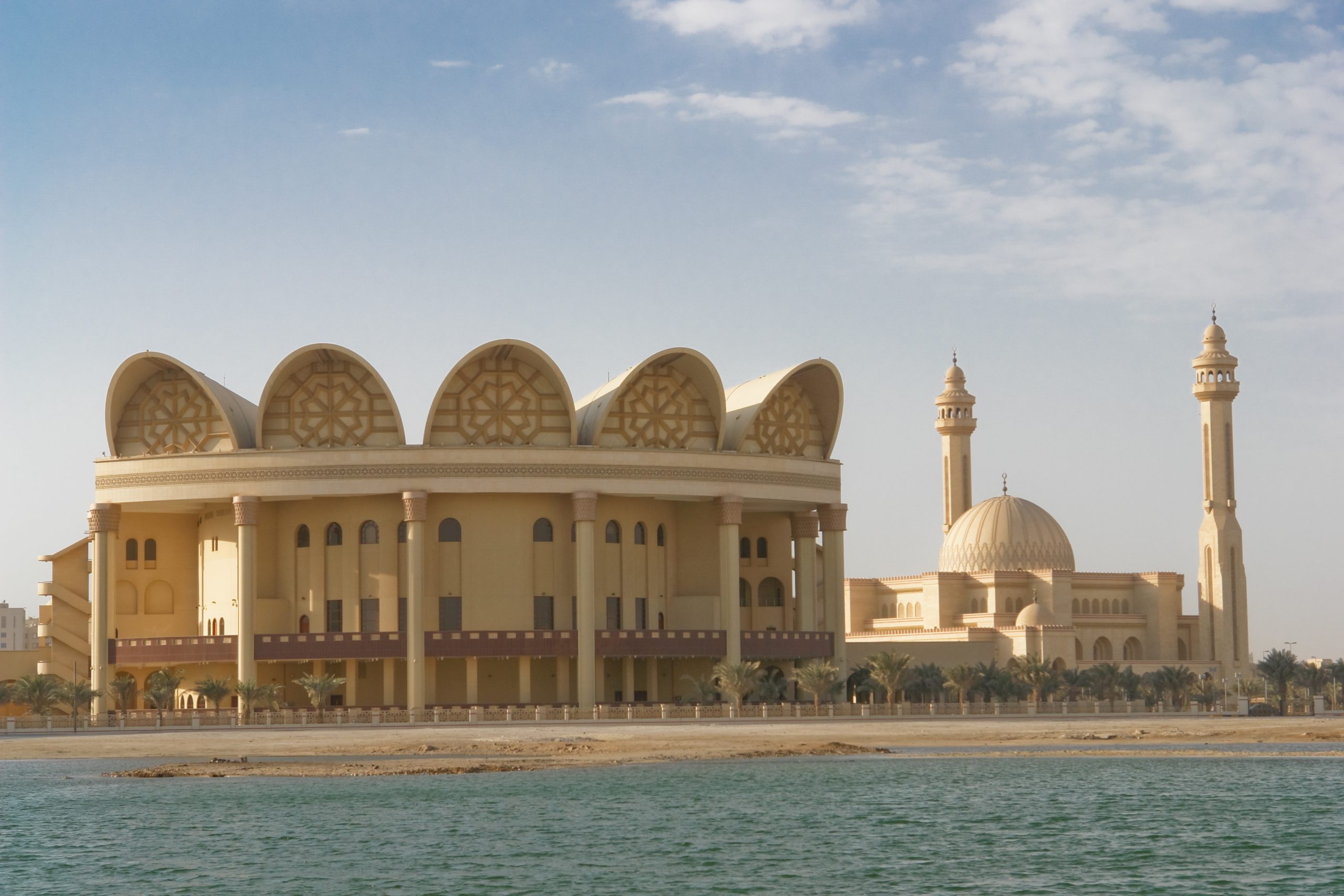
Kingdom of Bahrain

Wednesday, 22 February–Marson Group, a Bahraini business and project development firm, will open the first electric car plant in Bahrain, in partnership with Gauss Auto, a major US manufacturing company. The Gauss Auto Bahrain will be located in Salman Industrial City in the American Trade Zone. According to the Marson Group Board of Directors, the project positions the Kingdom as a leading manufacturer and exporter of electric vehicles in the region.
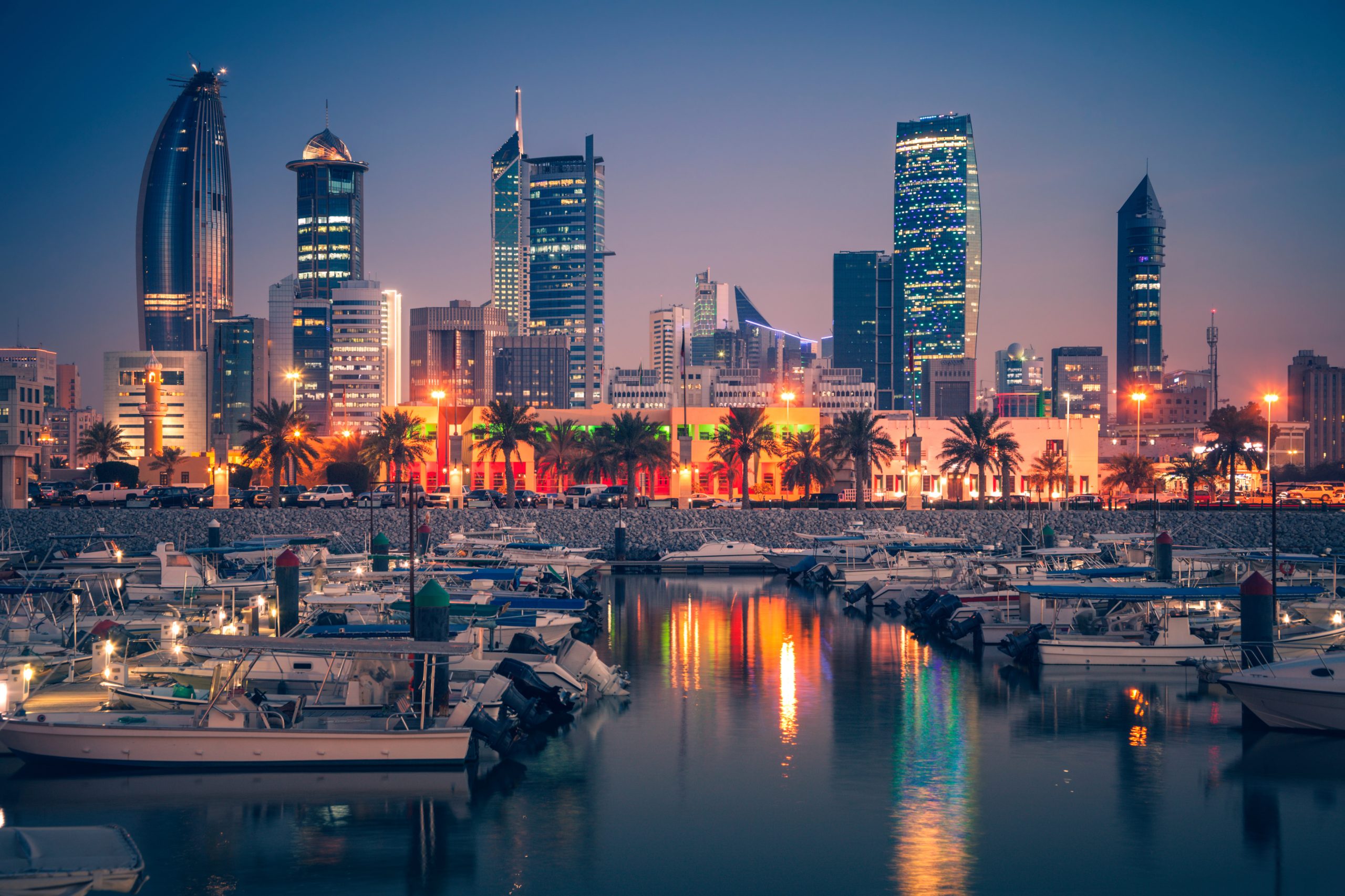
State of Kuwait

Monday, 20 February–The 5th meeting of the Kuwaiti-Iraqi technical committee, co-chaired by Kuwait’s Deputy Foreign Minister, Mansour Al-Otaibi, and Iraqi Counsellor, Othman Al-Aboudi, convened in Baghdad to discus legal issues relating to the demarcation of the joint maritime border, which was not covered by the 1993 United Nations delineation of the two countries’ boundaries. A deal could open the door to closer cooperation, including the construction of ports, management of border oil fields and the general easing of trade and transport between the two states.
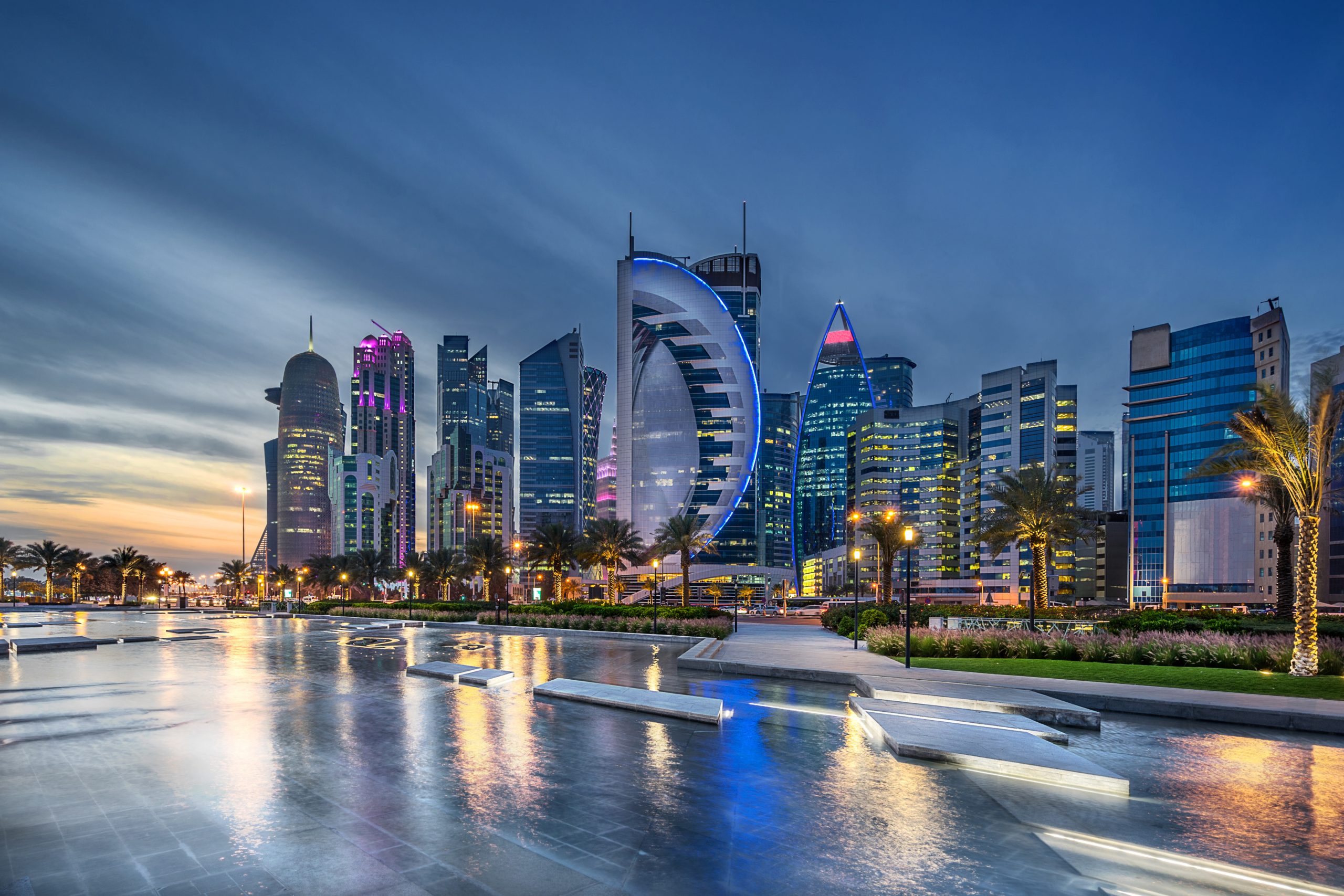
Sultanate of Oman

Thursday, 23 February–Oman opened its airspace to all airlines, including Israeli airlines, paving the way for the implementation of the Saudi air corridor, announced by US President, Joe Biden, last year to offer shorter routes for Israeli flights, which could only be implemented with Muscat’s consent.
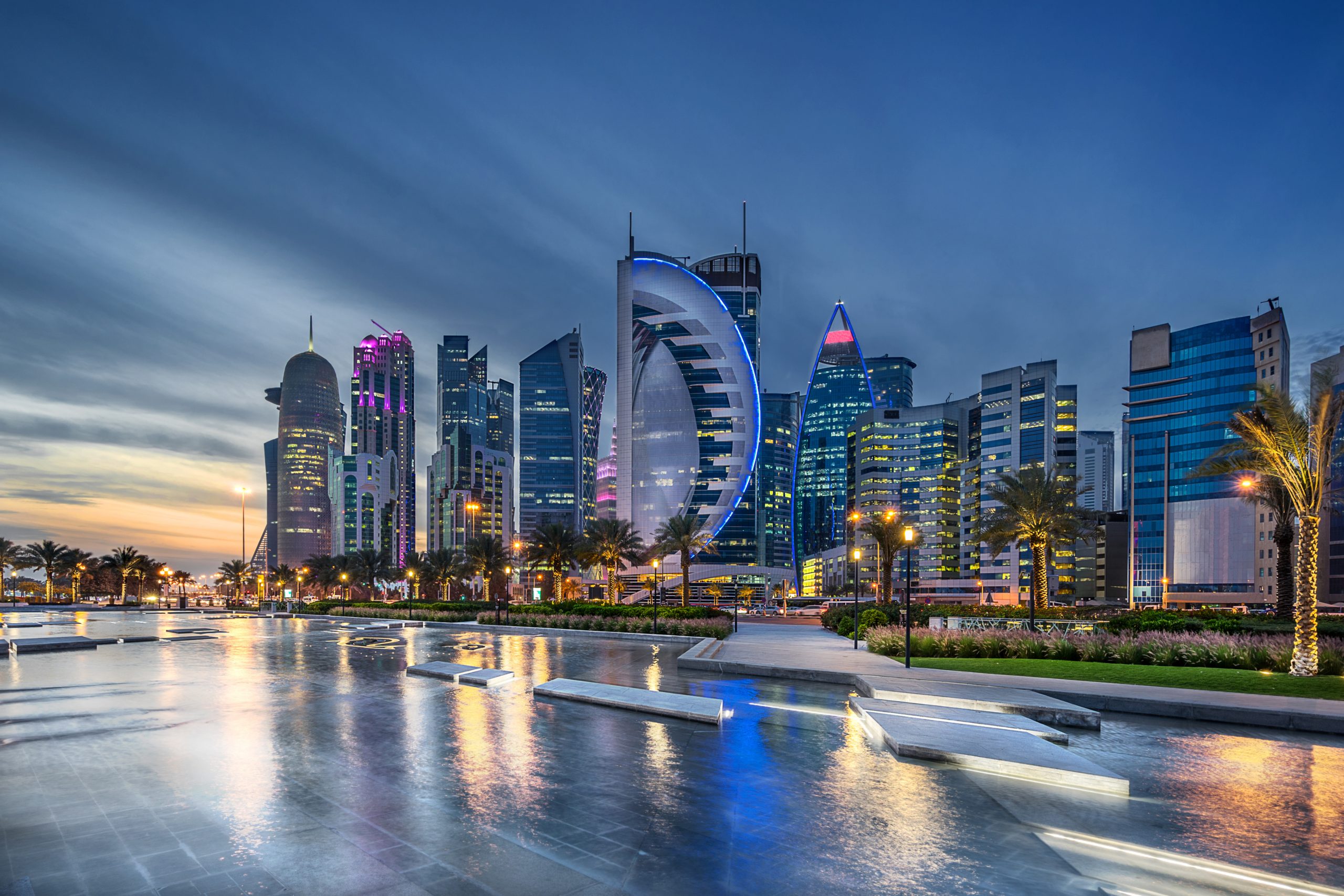
State of Qatar

Monday, 20 February–The Foreign Minister of Qatar, Mohammed bin Abdulrahman Al-Thani, and the UK Secretary of State for Foreign, Commonwealth and Development Affairs, James Cleverly, launched the first annual Qatar-UK Strategic Dialogue and signed a memorandum of understanding (MoU) in London to continue expanding cooperation through official level engagements, including on defence and security, energy, trade and investment, humanitarian and development assistance, human rights, science and innovation, health and education. Both countries agreed to review cooperation progress at least once a year.
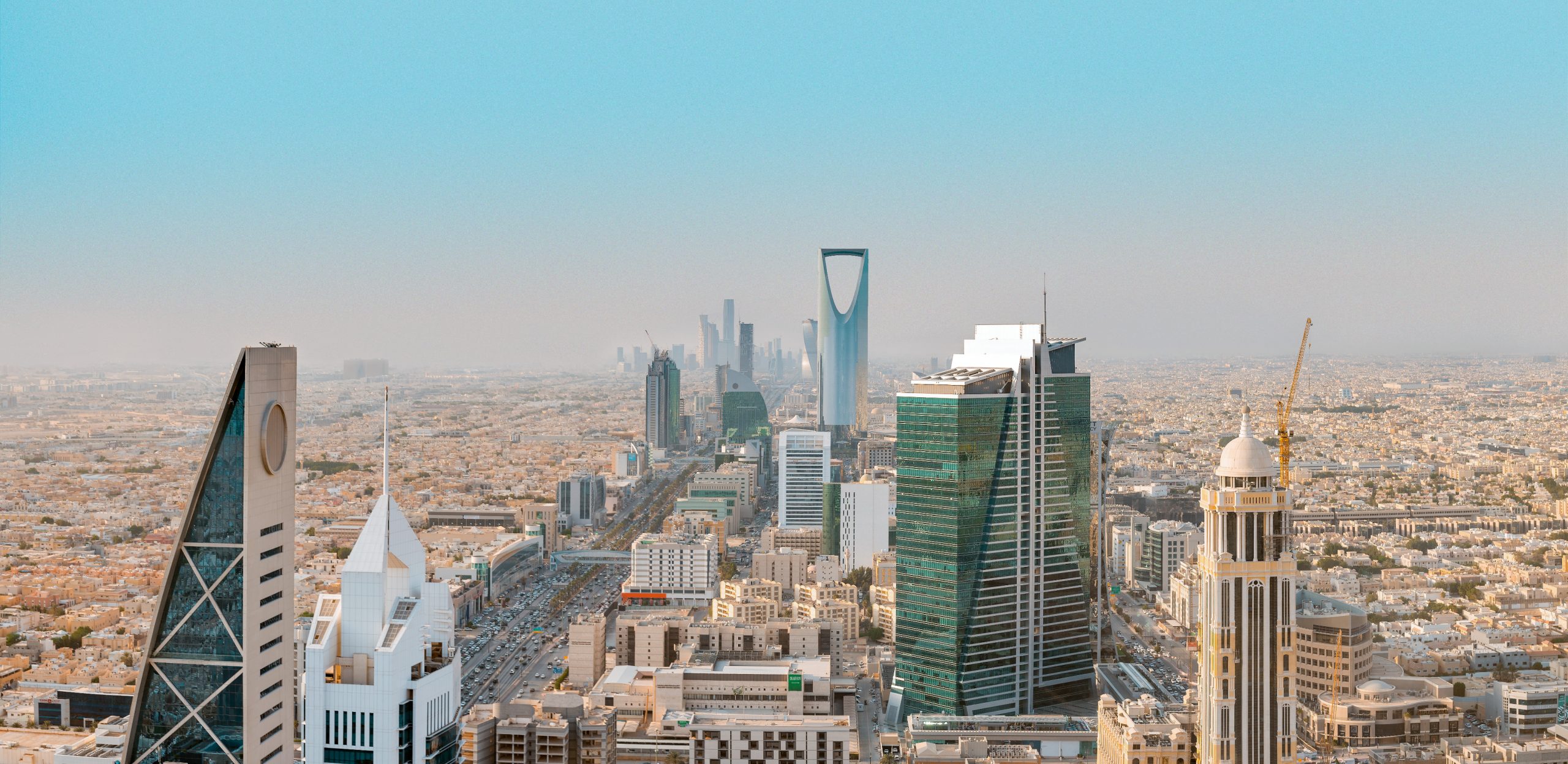
Kingdom of Saudi Arabia

Monday, 20 February–Saudi Arabia’s Crown Prince and Prime Minister, Mohammed bin Salman Al-Saud, announced the establishment of the Strategic Office for the Development of the Northern Borders Region, bordering Iraq and Jordan. The office will aim to enhance local development and improve the quality of life for its residents and visitors through investing in the region’s economic, natural and historical potential.
Wednesday, 22 February–Saudi Arabia deposited $1 billion USD (around 945 million EUR) into Yemen’s Central Bank to support the country’s economic reform programme, which aims to develop a road map to help the Yemeni people affected by the ongoing war.
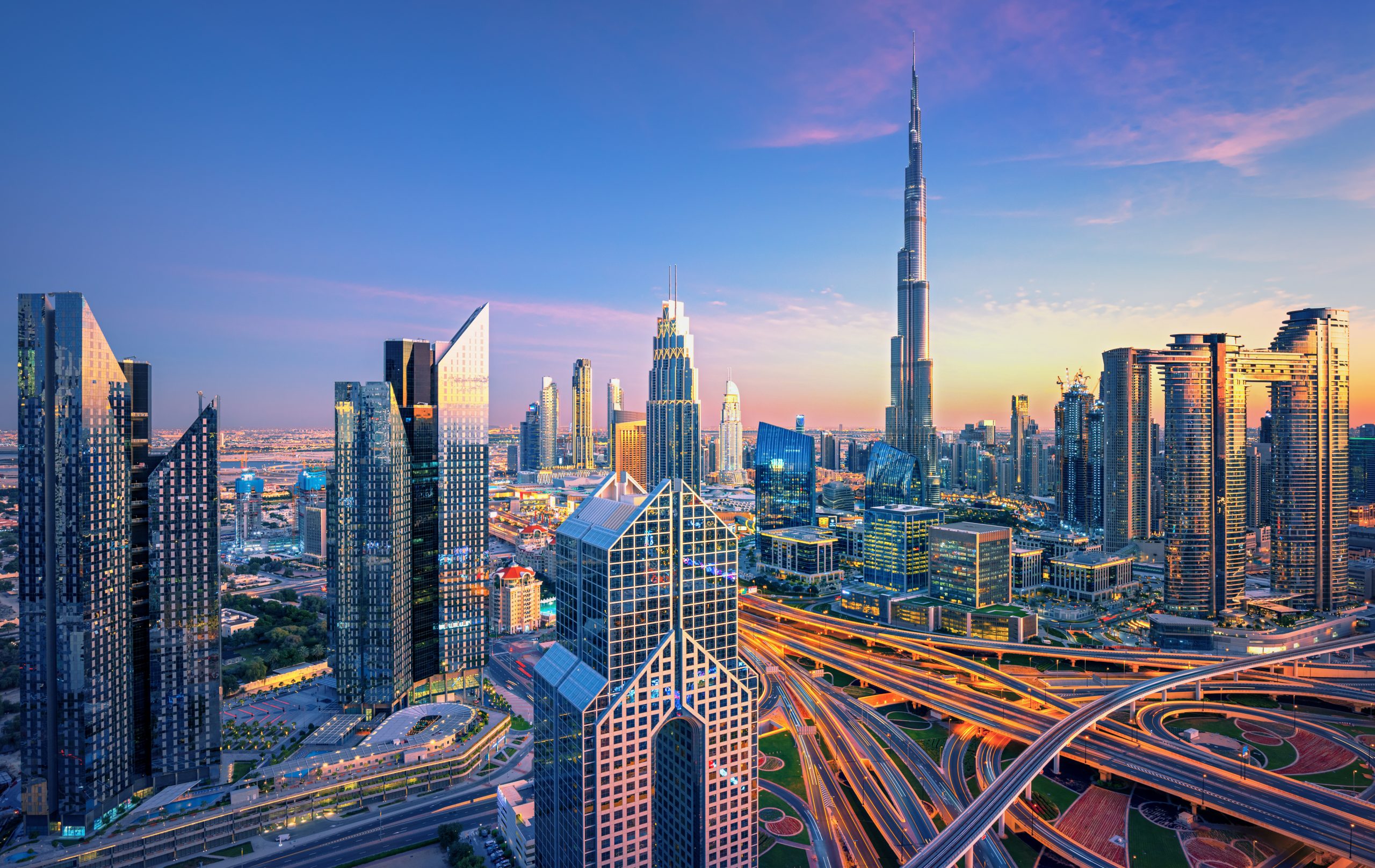
United Arab Emirates

Sunday, 19 February–The International Defence Conference (IDC 2023), themed “Adaption, Exploration, Transformation: Reimagining Security, Society, and the Human Experience in an age of Disruption,” kicked off in Abu Dhabi. Speakers included leaders, ministers, and senior officials from around the world, covering the social and economic impact and risks of widespread adoption of new technologies.
Tuesday, 21 February–The Sharjah-based energy company, Crescent Petroleum, signed three 20-year agreements to develop oil and gas fields in Iraq. The initiative aims to create thousands of new jobs and support the local and national economy, improving services and economic development. Crescent Petroleum plans to initially produce 250 million standard cubic feet per day of natural gas from two oil and gas blocks in Iraq’s Diyala province.
Tuesday, 21 February–Abu Dhabi’s Mubadala Investment Company signed an agreement with Oman and Etihad Rail Company to develop a rail network connecting the UAE to Oman, worth $3 billion USD (2 billion EUR). The transport link, announced in September, aims to bolster trade and tourism opportunities between the Gulf neighbours and the rest of the region.
The EU Corner
Monday, 20 February–The European Commission announced over €193 million (EUR) in funding for the most vulnerable people in Yemen. €136 million will be provided to the EU’s humanitarian partners, such as the UN and NGOs, to help meet emerging needs resulting from ongoing violence and sudden disasters, and €55 million will go to development aid, such as food security, as well as longer-term development and self-reliance.
Monday, 20 February–The Council of the European Union imposed additional sanctions on 32 individuals and 2 entities responsible for human rights violations in Iran. Among them are the Iranian Minister of Culture and Islamic Guidance and Minister of Education, the deputy commander and spokesperson of the Islamic Revolutionary Guard Corps (IRGC), the co-founders of EU-listed Ravin Academy, as well as members of the Iranian parliament supporting the violent crackdown.
Key official visits
Sunday, 19 February–Saudi Arabia’s Foreign Minister, Faisal bin Farhan Al-Saud, attended the 2023 Munich Security Conference (MSC) in Germany, where he met several international leaders and representatives to boost bilateral relations and discuss regional and international matters, notably his Croatian counterpart, Gordan Grlić-Radman, German Chancellery Foreign and Security Policy Advisor, Jens Ploetner, Pakistan’s Foreign Minister, Bilawal Bhutto Zardari, Austrian Federal Minister for European and International Affairs, Alexander Schallenberg, and the Dutch Deputy Prime Minister and Minister of Foreign Affairs, Wopke Hoekstra. Other GCC countries’ representatives also participated in the MSC, including UAE’s Minister of Climate Change and Environment, Mariam bint Mohammed Saeed Almheiri, Kuwait’s Minister of Foreign Affairs, Salem Abdullah Al-Jaber Al-Sabah, and Bahrain’s Under Secretary for Political Affairs and Foreign Minister, Abdulla bin Ahmed Al-Khalifa.
Monday, 20 February–Oman’s Minister of Interior, Hamoud bin Faisal Al-Busaidi, received the Secretary General of the Arab Interior Ministers Council, Mohammed Ali Koman, in Muscat. The meeting discussed various topics related to joint Arab security, and was attended by the Undersecretary of the Ministry of Interior, Khalid Hilal Al-Busaidi, and by the Assistant Inspector General of Police and Customs for Operations, Abdullah Ali Al-Harthy.
Monday, 20 February–Saudi Arabia’s Minister of Interior, Abdulaziz bin Saud Al-Saud, met with his Iraqi counterpart, Lieutenant General Abdulamir Kamel Al-Shammari, in Riyadh and signed a memorandum of understanding for the first time in 40 years. The MoU focuses on strengthening bilateral cooperation, particularly in the field of regional and international security.
Monday, 20 February–Oman’s Sultan, Haitham bin Tariq Al-Said, received Syria’s President, Bashar Al-Assad, in Muscat. Sultan Haitham expressed his solidarity with the Syrian people affected by the recent earthquake, and discussed ways to strengthen Oman-Syria cooperation. The two leaders exchanged opinions on the international situation, discussing ways to consolidate regional security and stability.
Tuesday, 21 February–President of Turkmenistan, Serdar Berdimuhamedov, paid an official visit to Bahrain, where he met with King Hamad bin Isa Al-Khalifa, to discuss Bahrain-Turkmenistan cooperation, as well as the regional and international situation.
Tuesday, 21 February–Oman’s Deputy Prime Minister, Fahd bin Mahmoud Al-Said, received Slovakia’s Deputy Prime Minister for Legislation and Strategic Planning, Stefan Holy, in Muscat. During the meeting, they expressed their willingness to deepen bilateral cooperation in various fields, including industry, trade and tourism. They also reviewed the current international issues and developments, discussing ways to boost security.
Tuesday, 21 February–Bahrain’s Minister of Youth Affairs, Rawan bint Najeeb Tawfeeqi, received the US Deputy Assistant Secretary for Academic Programs, Ethan Rosenzweig, in Manama. The meeting aimed to strengthen youth relations between the two countries and deepen cooperation through joint youth programmes.
Tuesday, 21 February–Serbia’s President, Aleksandar Vucic, travelled to Abu Dhabi to attend the International Defence Exhibition & Conference (IDEX), where he announced Serbia would buy kamikaze drones from the UAE. On the occasion, President Vucic met with UAE’s President, Mohamed bin Zayed Al-Nahyan and the UAE Minister of Foreign Affairs and International Cooperation, Abdullah bin Zayed Al-Nahyan, who recently visited Serbia in a bid to enhance bilateral cooperation across various sectors, particularly in the economic field in light of the comprehensive strategic partnership between the two countries.
Wednesday, 22 February−Abu Dhabi hosted a meeting of the “I2U2 Group,” gathering senior officials from the US, India, Israel and the UAE to discuss food security, economic development and climate change. The meetings were led by UAE Minister of State, Ahmed Al-Sayegh, Dammu Ravi, Secretary of India’s External Affairs Ministry, and Ronen Levy, Director General of Israel’s Foreign Affairs Ministry, and Jose Fernandez, US Undersecretary of State for Economic Growth, Energy and the Environment. India pledged its support to the joint US-UAE Agriculture Innovation Mission for Climate (AIM for Climate), which aims to boost investments in projects that can mitigate climate change, notably vertical farming, hydroponics and aquaculture, supporting small-scale farmers and communities in lower-income countries.
Wednesday, 22 February–Bahrain Defence Force (BDF) Commander in Chief, Marshal bin Ahmed Al-Khalifa, received Italian Chief of Defence Staff, Admiral Giuseppe Cavo Dragone, in Manama. The meeting, which was also attended by Bahrain’s Defence Affairs Minister, Lieutenant General Abdullah bin Hassan Al-Nuaimi, and by Chief of Staff, Lieutenant General Thyiab bin Saqr Al-Nuaimi, aimed to review Italy-Bahrain military and defence ties and ways to enhance cooperation in the fields.


